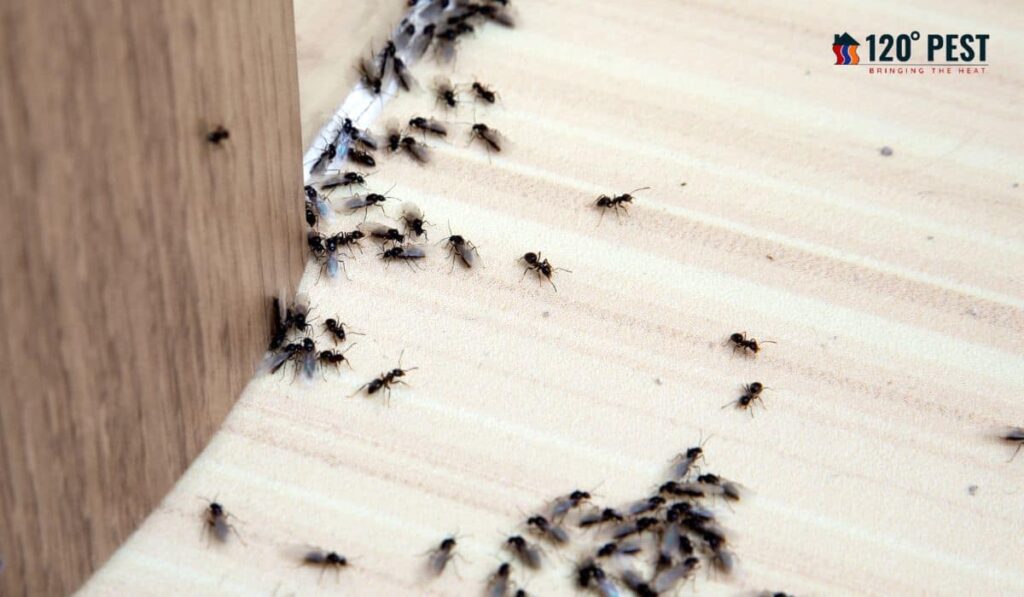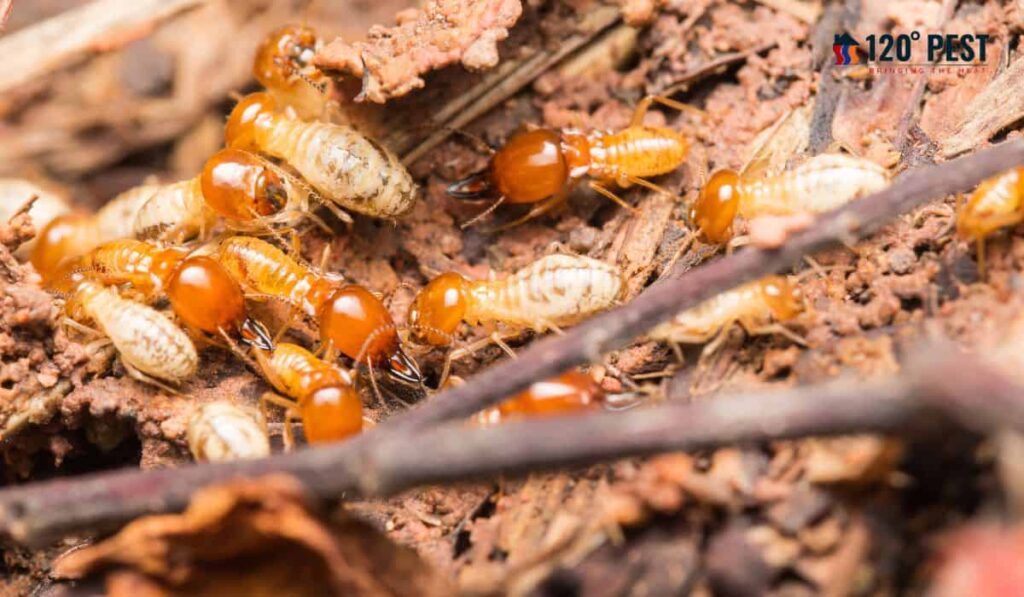In a world where environmental consciousness is on the rise, the need for eco-friendly pest control solutions has never been more pronounced.
Traditional pesticides, though effective, often come with adverse effects on the environment and pose health risks to humans and pets.
In this article, we’ll explore the concept of all-natural pest control and how it provides an eco-friendly and safe alternative to rid your surroundings of unwanted pests.
The Growing Concern
As we witness the escalating concerns about the harmful impact of chemical pesticides on our ecosystems, it’s imperative to delve into the significance of all-natural pest control methods.
What is All-Natural Pest Control?
All-natural pest control, also known as organic pest control, is a sustainable and environmentally friendly approach to managing and eliminating pests without resorting to harmful chemicals.
It involves using natural substances and processes to deter, repel, or eradicate pests.
How Does it Work?
To better understand the effectiveness of all-natural pest control, it’s crucial to explore the various methods and ingredients employed in this eco-conscious approach.
Beneficial Insects
One of the most natural ways to control pests is by introducing their natural predators.
For example, ladybugs can help combat aphids, while praying mantises are excellent at controlling garden pests.
Neem Oil
Neem oil, derived from the neem tree, is a potent organic pesticide.
It disrupts the reproductive cycle of many insects and acts as a natural repellent.

Diatomaceous Earth
Diatomaceous earth is a fine powder composed of fossilized algae.
It dehydrates and damages the exoskeleton of insects, making it an effective natural pesticide.
Garlic and Pepper Sprays
A mixture of garlic and pepper spray is a homemade solution that can deter various pests from invading your garden.
Advantages of All-Natural Pest Control
Switching to all-natural pest control methods offers several benefits, both for your health and the environment.
Safe for Humans and Pets
Unlike chemical pesticides, all-natural alternatives pose no immediate harm to humans, pets, or beneficial insects in your garden.
Environmentally Friendly
All-natural pest control methods do not contribute to the pollution of soil and water, making them an eco-conscious choice.
Sustainable
These methods are sustainable and do not harm the delicate balance of ecosystems, ensuring the long-term health of your surroundings.
Implementing All-Natural Pest Control
Now that we understand the significance of all-natural pest control, let’s explore how to implement these methods effectively.
Identify the Pest
The first step is to identify the pest that needs to be controlled.
Different pests may require different natural remedies.
Choose the Right Method
Select the appropriate all-natural pest control method based on the type of pest and the severity of the infestation.
Consistency is Key
Consistency in applying these methods is vital for successful pest control.
Regular monitoring and maintenance are crucial.
Conclusion
All-natural pest control is not just a trend; it’s a responsible choice that aligns with our commitment to protect the environment.
By adopting eco-friendly pest control methods, we can maintain pest-free spaces while preserving the delicate balance of our ecosystems.
FAQs
Are all-natural pest control methods as effective as chemical pesticides?
Yes, when used correctly and consistently, all-natural pest control methods can be just as effective as chemical pesticides without the harmful side effects.
Can I use all-natural pest control methods indoors?
Absolutely! Many all-natural solutions are safe for indoor use and can effectively keep pests at bay.
Do all-natural pest control methods cost more than chemical pesticides?

Initially, some natural remedies might seem more expensive, but they offer long-term cost savings by reducing the need for frequent reapplication.
Will all-natural pest control harm beneficial insects in my garden?
No, most all-natural methods are selective and won’t harm beneficial insects. In fact, they can help preserve a healthier ecosystem.
Are there any legal restrictions on using all-natural pest control methods?
It’s essential to check local regulations and guidelines regarding pest control methods, as they can vary by region.
Are all-natural pest control products readily available in stores, or do I need to make them at home?
Many all-natural pest control products are available in stores, but some can be homemade for added convenience and cost-effectiveness.
How can I ensure the safety of my children and pets when using all-natural pest control methods?
To ensure safety, follow the instructions on product labels, keep children and pets away from treated areas until they are dry, and store all-natural pest control products out of their reach.
Can all-natural pest control methods be used in commercial agriculture and farming practices?
Yes, all-natural pest control methods are gaining popularity in commercial agriculture as sustainable and eco-friendly alternatives to chemical pesticides.
Do all-natural pest control methods have a residual effect, or do they need frequent reapplication?
The residual effect of all-natural pest control methods can vary, but many require periodic reapplication to maintain their effectiveness, especially in outdoor environments.
Are there any specific all-natural methods recommended for controlling common indoor pests like ants, roaches, and flies?
Yes, there are specific all-natural remedies tailored to indoor pest control. For example, diatomaceous earth can be used for crawling insects, and fly traps with natural baits are effective against flies.




